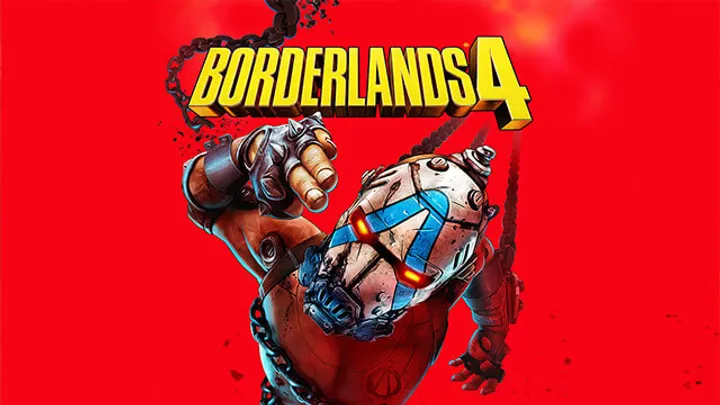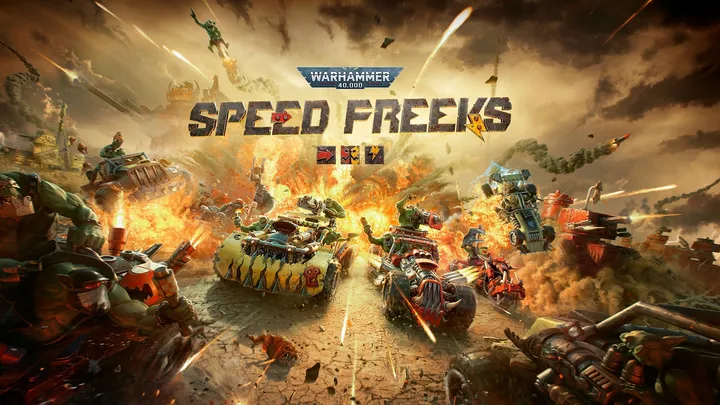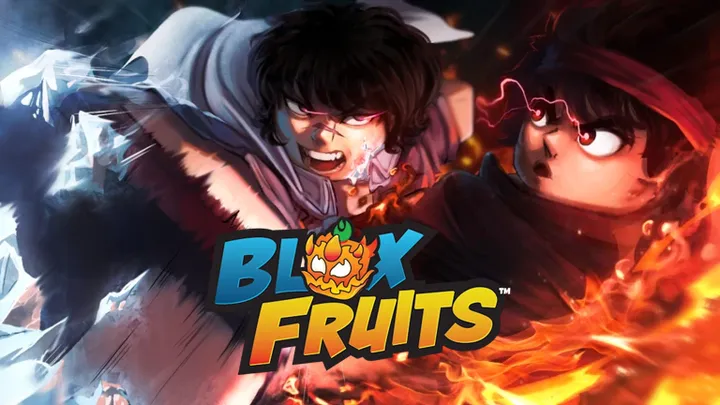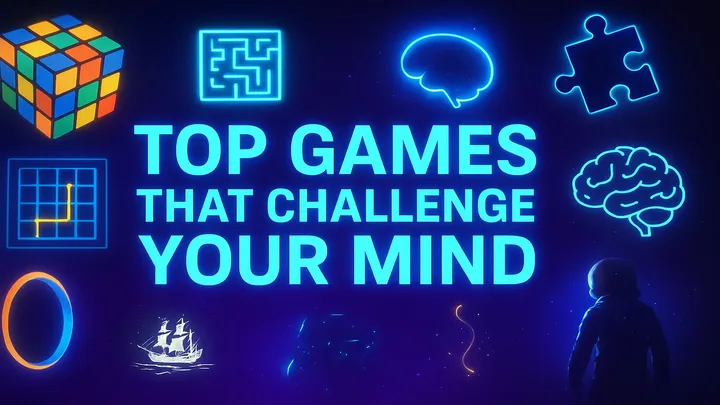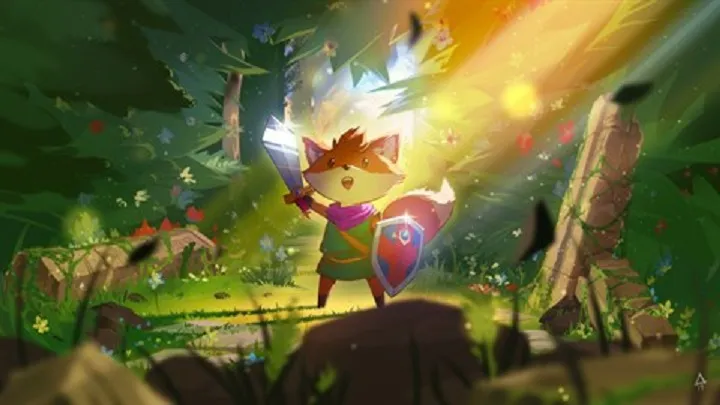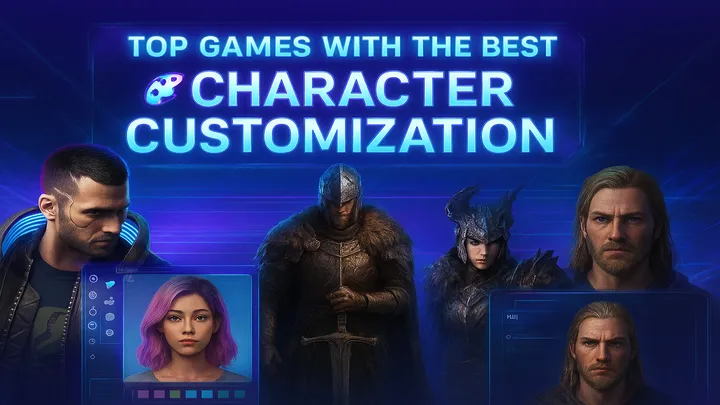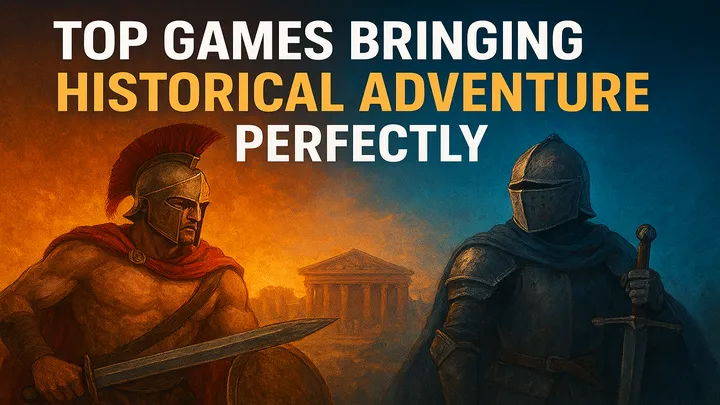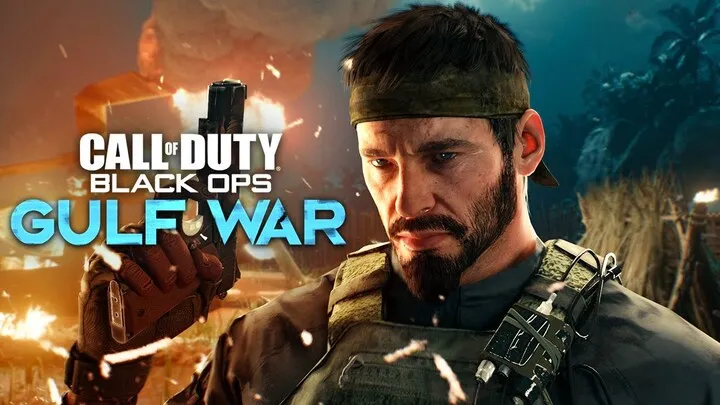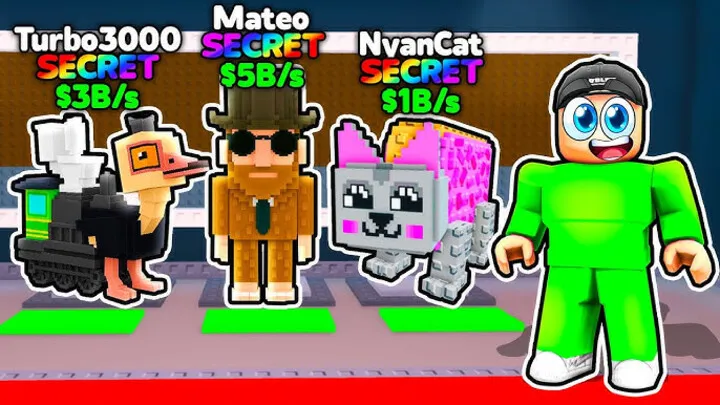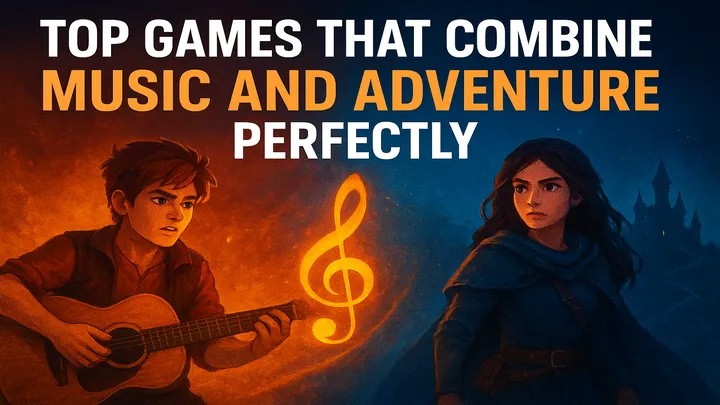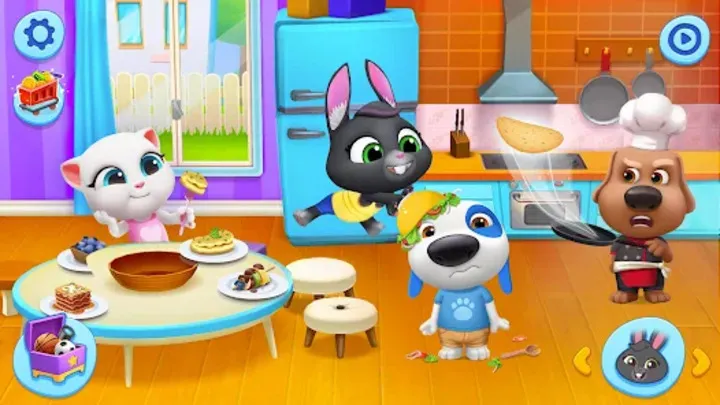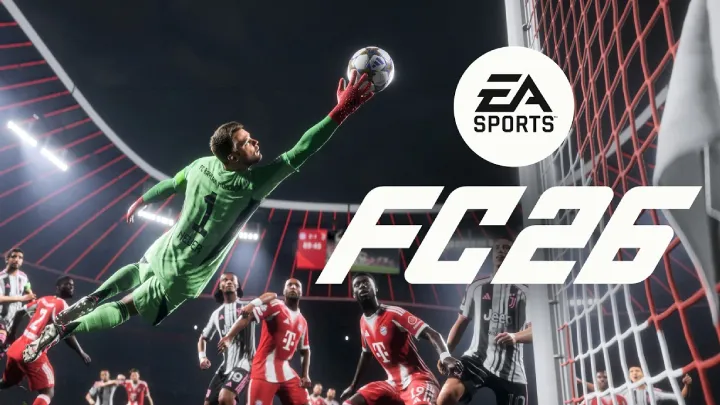Introduction
FIFA Rivals Mobile Football has quickly become one of the most engaging football titles on mobile, combining fast-paced gameplay, online rivalries, and team management. Yet one issue repeatedly sparks debates across its community: the pay to win dilemma. As players climb the ranks, questions emerge about whether skill alone is enough or whether investing real money in packs and upgrades becomes necessary to stay competitive.
This article explores this issue in depth, following the journey of a player through ten stages of progression. We will analyze how free-to-play and pay-to-win elements shape the experience, the psychological toll of competitive imbalance, and what lessons this system offers for the future of mobile sports gaming.
First steps into FIFA Rivals The excitement of equal beginnings
When players first download FIFA Rivals Mobile Football, the playing field feels surprisingly level. Starter squads are modest, and early matches often pit players of similar strength against one another. At this stage, skill shines more than resources, and newcomers can believe they have a fair chance at climbing the ranks.
The joy of early victories is amplified by the illusion of equality. For many players, this period is the purest and most enjoyable part of the game, free from the shadow of monetization.
The introduction of packs A turning point
After a handful of matches, the game introduces its pack system. Cards, upgrades, and special players become available through random draws. While packs can be earned through gameplay, the time required is significant compared to the instant gratification of buying them.
This is the first moment players notice an imbalance. Those who pay unlock legendary players or elite upgrades much faster, creating a widening gap between casual and invested players.
Mid-tier progression The skill ceiling versus wallet power
As players reach mid-tier divisions, competition intensifies. Skill still matters, but the limits of a free-to-play squad become increasingly clear. A player who has mastered dribbling, passing, and tactical adjustments may still find themselves outclassed by opponents with stronger squads purchased through microtransactions.
Here, frustration often sets in. The sense of fairness diminishes, and players begin to question whether effort alone is enough to succeed.
The psychological hook Fear of missing out
FIFA Rivals employs a clever psychological tool: fear of missing out (FOMO). Limited-time packs, exclusive seasonal players, and event-based cards pressure players to spend money before opportunities disappear.
This creates tension between patience and impulsivity. Free-to-play players must grind relentlessly to compete, while paying players can skip these hurdles with ease. The system subtly rewards spending over persistence, tilting the balance further toward pay to win.
Competitive imbalance in high ranks
At the higher tiers of FIFA Rivals, the imbalance becomes undeniable. Top squads are stacked with elite players whose stats dwarf free-to-play options. Matches feel lopsided before the ball is even kicked.
For free-to-play players who have invested hundreds of hours, these encounters can feel demoralizing. Skill still plays a role, but the gulf in raw player quality creates a ceiling that seems impossible to break.

Community reactions The growing debate
The FIFA Rivals community is deeply divided. Some argue that pay to win is an inevitable reality of mobile games, and that spending money is no different than buying a console title upfront. Others insist the system undermines the spirit of competition, turning matches into battles of bank accounts rather than skill.
Forums, social media groups, and Reddit threads frequently host heated debates on whether FIFA Rivals is fair or fundamentally flawed. The pay to win dilemma has become the defining conversation around the game.
Coping strategies How free-to-play players adapt
Despite the imbalance, many free-to-play players develop strategies to stay competitive. These include:
- Saving in-game currency for high-value events
- Mastering mechanics like timed finishing and defensive positioning
- Focusing on chemistry to maximize squad synergy
- Targeting specific upgrade paths instead of chasing random packs
These methods cannot erase the gap entirely but provide ways to narrow it, giving dedicated players hope of occasional upsets against wealthier rivals.
Developer responsibility Balancing fairness and profit
The developers of FIFA Rivals face a delicate challenge. Mobile games rely heavily on monetization to sustain servers, updates, and licensing fees. Yet overemphasis on monetization risks alienating the community and damaging the game’s reputation.
Balancing fairness with profitability requires transparency, accessible rewards for free players, and ensuring that skill can occasionally triumph over spending. Developers who fail to strike this balance risk driving players away.
The long-term impact on engagement
The pay to win dilemma has a direct impact on long-term engagement. Some players embrace the grind, enjoying the satisfaction of building a competitive squad without spending money. Others burn out, unable to endure repeated losses against stronger teams.
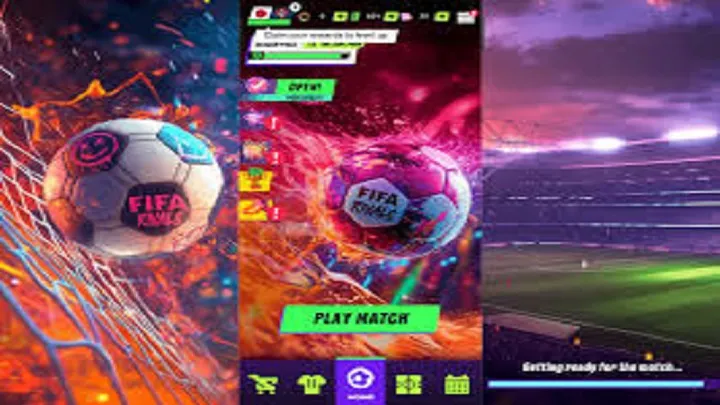
Over time, this divide shapes the player base itself. High-spending players dominate leaderboards, while free-to-play players either accept their role in lower tiers or quit the game entirely.
Lessons for the future of mobile sports games
FIFA Rivals highlights the ongoing challenge of designing mobile sports titles. Randomized packs and microtransactions generate revenue but also risk eroding competitive integrity. Future developers may consider:
- Introducing ranked modes with squad caps to equalize competition
- Offering more transparent and fair progression systems
- Creating cosmetic-only monetization options that preserve balance
- Rewarding skill-based achievements as much as financial investment
These lessons are crucial for ensuring mobile football remains enjoyable for both free and paying players alike.
Conclusion
The pay to win dilemma in FIFA Rivals Mobile Football is not just a mechanic but a defining feature of the game’s identity. It creates early excitement, mid-game frustration, and high-tier imbalance. While the system drives revenue, it also fuels debates about fairness, discourages free-to-play players, and risks long-term player burnout.
In the end, FIFA Rivals reflects the broader conflict in mobile gaming between profit and play. For players, it is a test of patience and adaptability. For developers, it is a balancing act that may determine the future of competitive mobile football.
